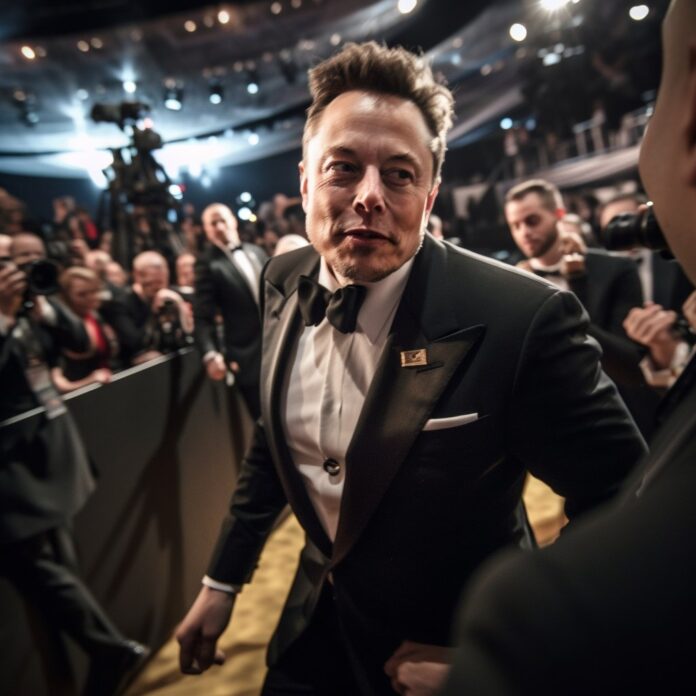Elon Musk has long been a vocal advocate for the potential of artificial intelligence, and his predictions are now becoming a reality. For over a decade, Musk has warned about the profound impact AI would have on society, often highlighting its vast capabilities. Initially dismissed as speculative, those early warnings now seem prescient, as AI’s achievements accelerate at an astonishing pace.
According to Musk, AI is already surpassing human expertise in critical fields, including medicine. Recent breakthroughs demonstrate AI’s ability to pass medical exams better than 80% of doctors, showcasing its capacity to analyse complex medical information with incredible precision. This includes areas like radiology, where AI has demonstrated the ability to diagnose radiographs more effectively than seasoned professionals. Such advancements signal the profound shifts that AI will continue to catalyse in healthcare, offering the potential to enhance diagnostics, optimise treatment plans, and improve overall patient care.
But Musk warns that this progress is only the beginning. Far from slowing down, the rate of AI’s development is accelerating. The implications are far-reaching. As AI continues to surpass human capabilities in more specialised fields, it challenges traditional roles and professions. In a world where technology is evolving faster than ever, Musk’s assertion that AI will reshape industries, economies, and daily life carries considerable weight.
For Musk, AI’s rapid advancement presents both an exciting frontier and a formidable challenge. As we enter an era where machines are capable of outperforming humans in certain tasks, the question of how society adapts to this new reality becomes crucial. While the opportunities for innovation and efficiency are vast, the societal impact—on jobs, ethics, and governance—will require careful consideration. However, Musk’s vision remains clear: AI is not a distant future; it is the present, and its influence is set to grow exponentially in the years to come.


